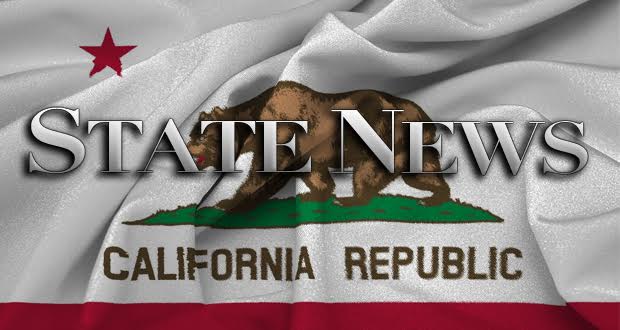Ed. Note: The following article is a press release provided by the office of Senator Mark Leno.
The California Legislature approved a $15 minimum wage bill Thursday, becoming the first in the nation to do so, and the bill is now on its way to the desk of Governor Jerry Brown for final approval, officials said.
Sponsored Articles
Senate Bill 3, which is is jointly authored by Senators Mark Leno, Kevin de León and Connie M. Leyva and designed to help lift California’s low-wage earners out of poverty, passed both houses of the Legislature on Thursday.
SB 3 raises the state’s minimum wage to $10.50 per hour in January 2017 and $11 in January 2018. The state’s floor wage would then increase an additional $1 per hour each year until reaching $15 in 2022. The bill allows the Governor to pause an increase during the climb to $15 an hour if the state experiences an economic downturn or budget crisis.
“No one who is working full time in California should live in poverty due to a low wage,” said Senator Leno, D-San Francisco. “SB 3 respects and rewards work, reduces turnover, and increases productivity and consumer spending, thereby stimulating economic growth while helping low-wage workers end their dependence on public assistance. The bill takes a thoughtful approach to raising the minimum wage by giving small businesses more time to adjust to higher wages and policy makers the flexibility to respond to economic uncertainties in our future.”
Once California’s minimum wage reaches $15, SB 3 establishes annual increases capped at 3.5 percent based on the U.S. Consumer Price Index. The bill also delays wage increases for businesses with 25 or fewer employees. For these small businesses, the first increase to $10.50 will begin in 2018, and $15 would be reached in 2023.
“California’s minimum wage must also be a living wage,” said Senate President pro Tempore Kevin de León. “Anyone who thinks $15 an hour is too much should try to (live) on it.”
California has the highest poverty rate in the nation. The U.S. Census Bureau reports that nearly a quarter of the state’s 38 million residents live in poverty. An employee working full time earning $10 an hour brings home just over $20,000 annually before taxes, which is just 86 percent of the federal poverty line for a family of four. As a result, many cities have taken the matter into their own hands, raising local minimum wages either by government action or at the ballot box.
“As a lifelong advocate for workers, I have always believed that everyone deserves to make a living wage that allows them to pay their bills, put food on the table and a roof over their head,” said Senator Leyva, D-Chino. “By increasing the state’s minimum wage through SB 3, California now stands poised to lead the nation in finally putting a serious dent in poverty wages that hurt workers, families and communities.”
Women are especially impacted by the minimum wage. About six in 10 minimum wage workers in California are women, according to the National Women’s Law Center.
“SB 3, which raises the minimum wage to $15 per hour, is the most important anti-poverty measure in at least 40 years,” said Michael Herald, legislative advocate with the Western Center on Law & Poverty.
SB 3 is co-sponsored by the Western Center on Law and Poverty, United Food and Commercial Workers (UFCW) and the SEIU California State Council. The bill is also supported by a long list of organizations and government leaders, including the Women’s Foundation of California, California Teachers Association, Children’s Defense Fund of California, California Association of Food Banks and California Catholic Conference of Bishops.
“UFCW is proud to stand with working families across the state struggling to make ends meet on the current minimum wage,” said Jim Araby, executive director of UFCW Western States Council. “We join many who are fighting to end income inequality and put the working poor on a pathway to livable wages.”
The large majority of employees who would be impacted by SB 3 are adults, not teens, according to the UC-Berkeley Labor Center. Just 4 percent of the workers who would benefit from the minimum wage increase are under 20 years old, and 37 percent have children.
“Wages didn’t get raised until workers raised their voices,” said Laphonza Butler, president of SEIU California and SEIU 2015. “The credit for making history today belongs to the workers who spoke out and risked it all, the labor unions and community organizations who supported them, and elected leaders here in California who listened. As a result, millions of Californians are on the path out of poverty.”
Governor Brown has 12 days to take action on the legislation.
Do you have a news tip? Call us at (661) 298-1220, or drop us a line at community@hometownstation.com. KHTS Radio Santa Clarita Radio – Santa Clarita News
KHTS Radio Santa Clarita Radio – Santa Clarita News





